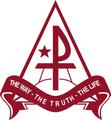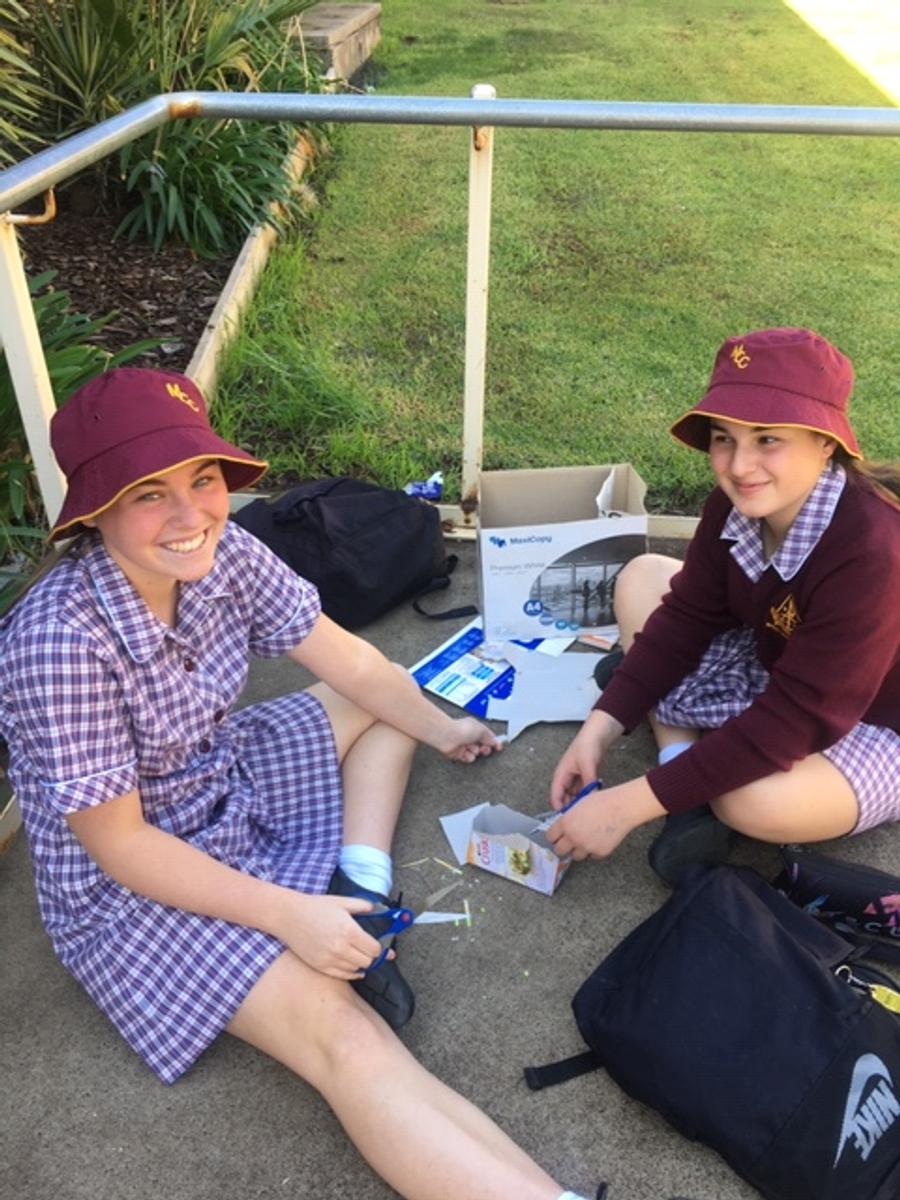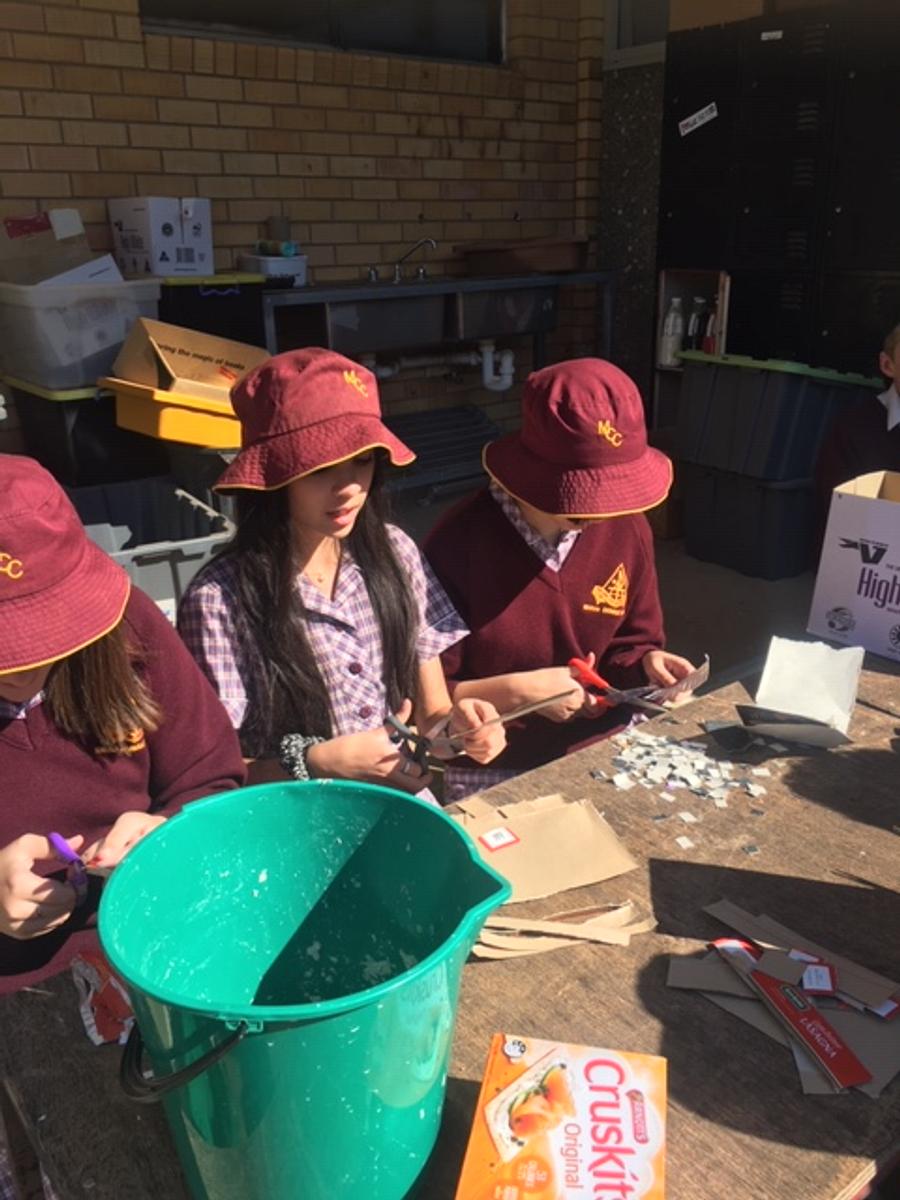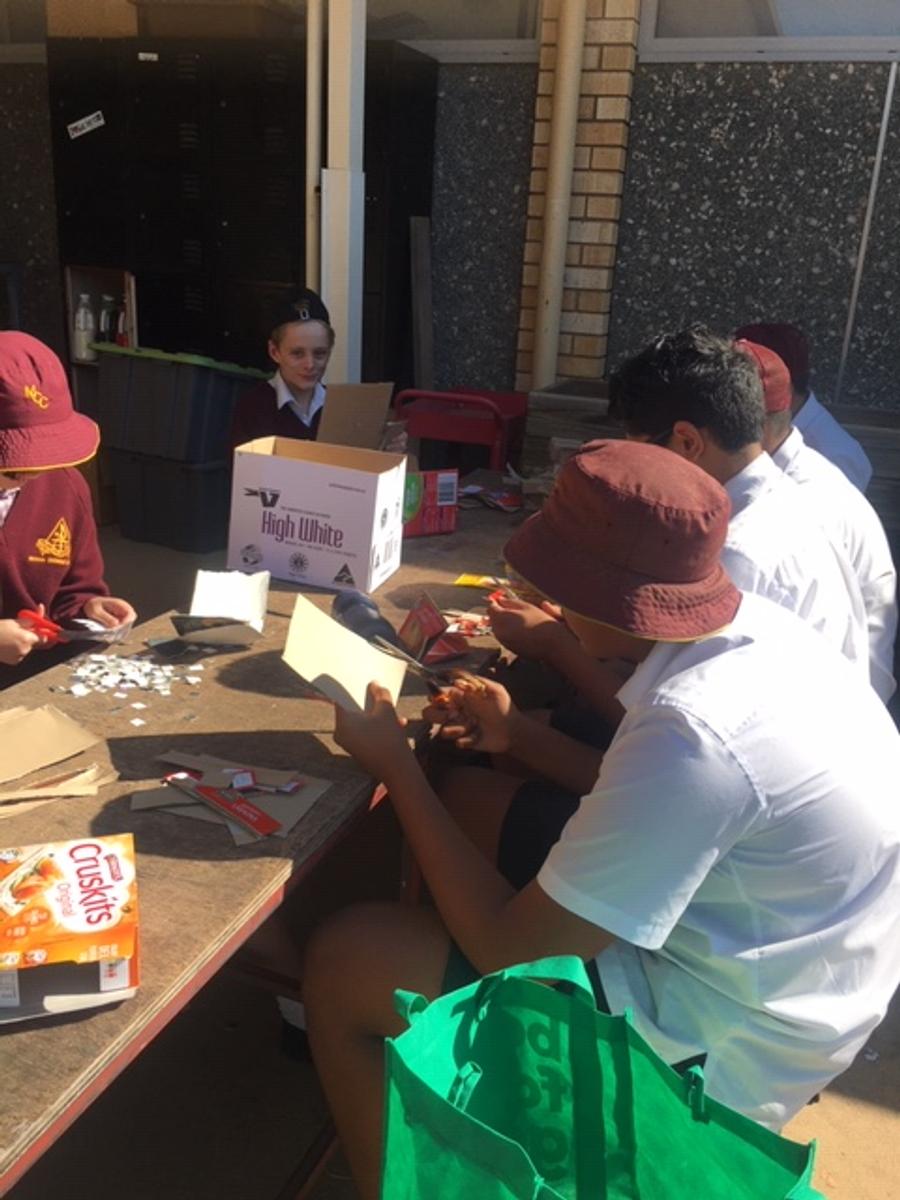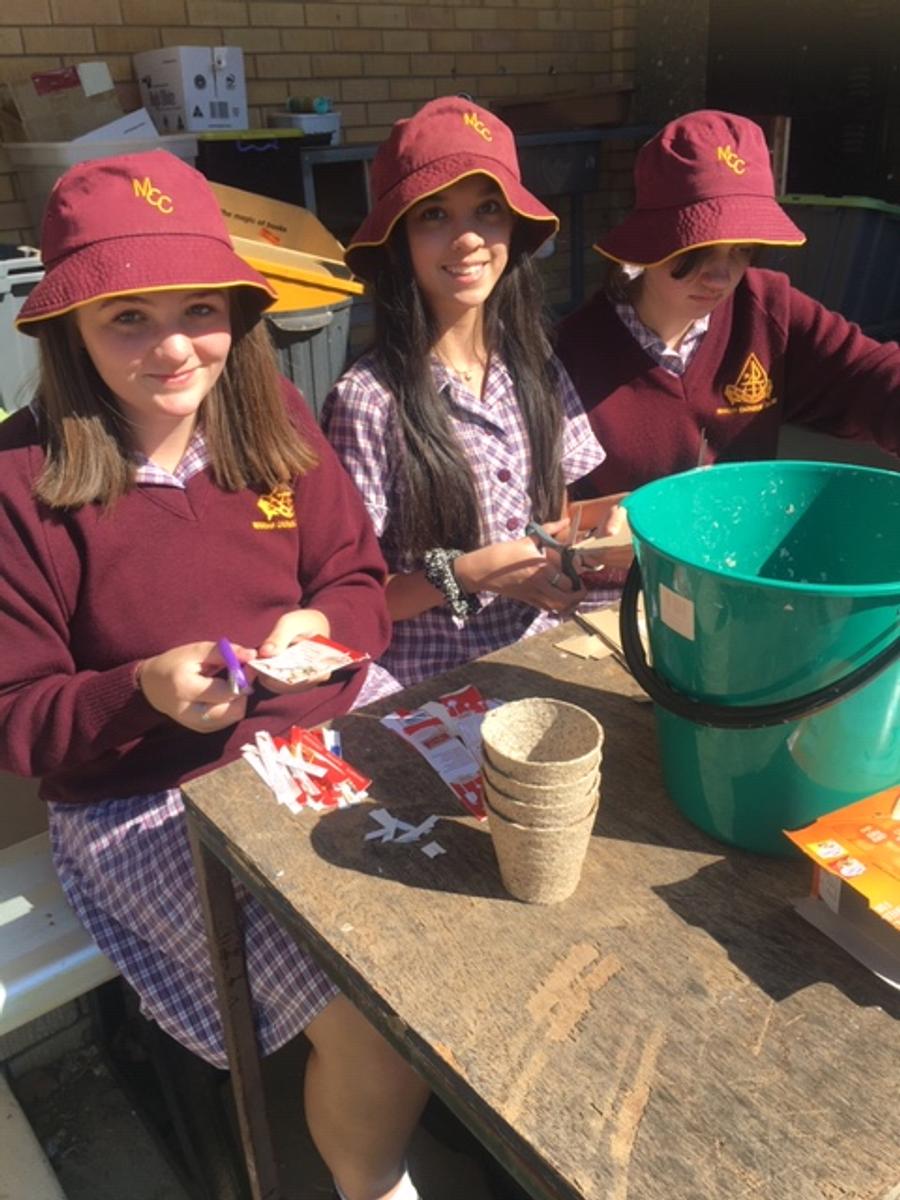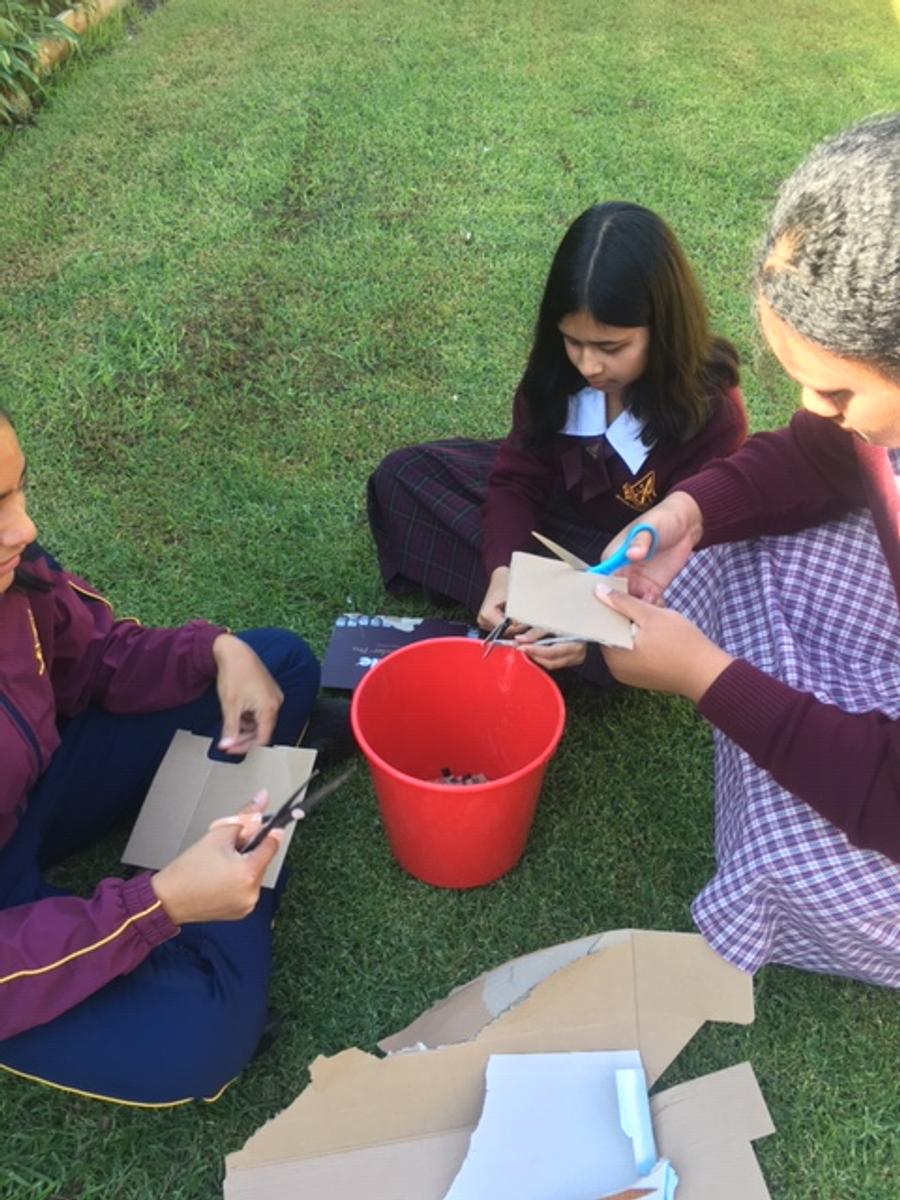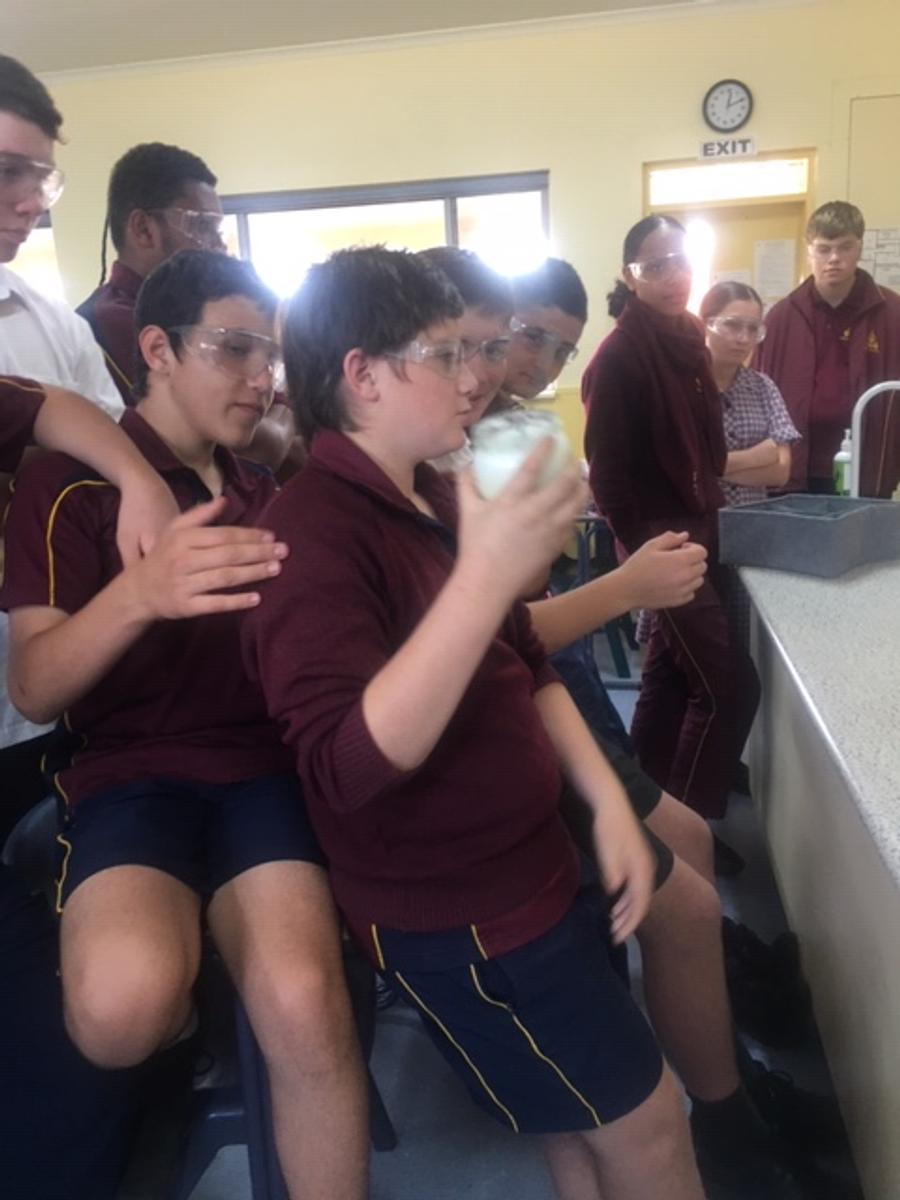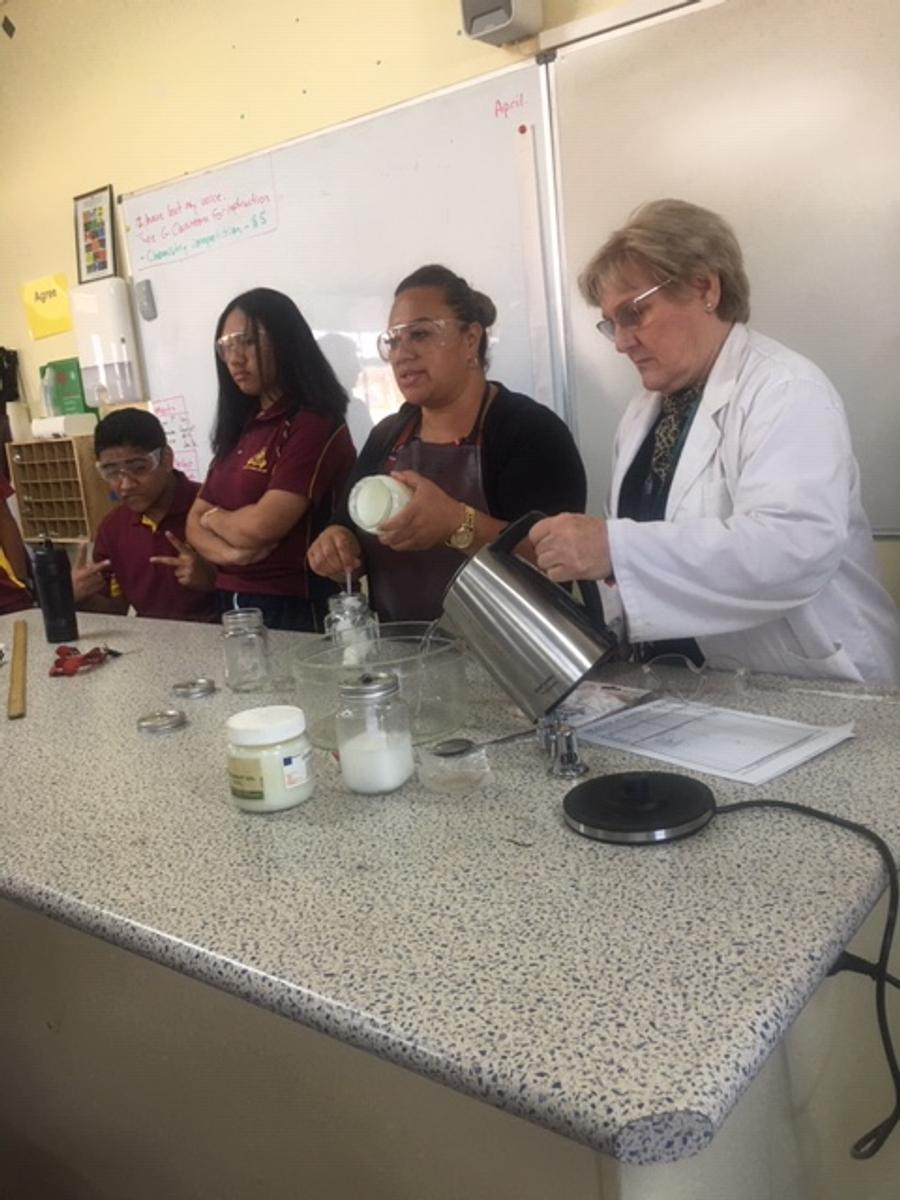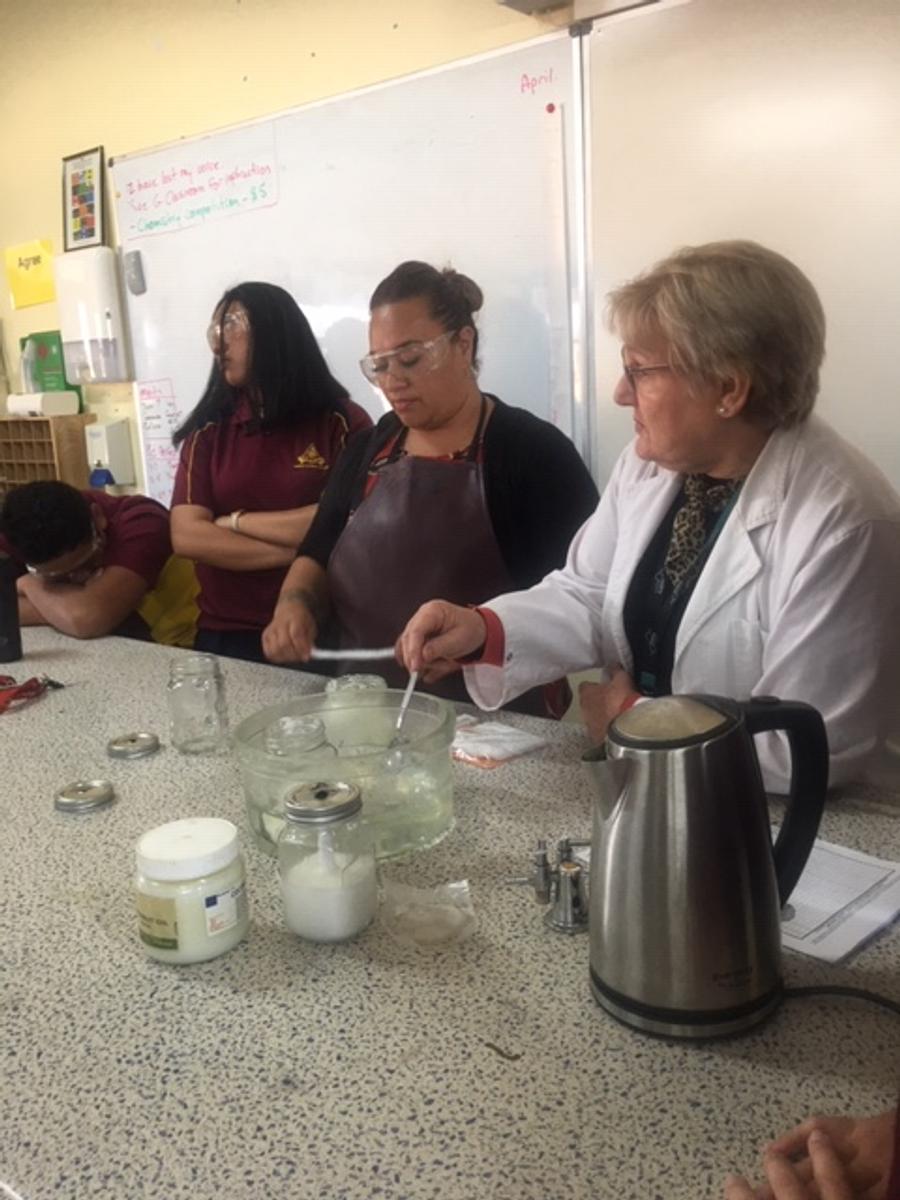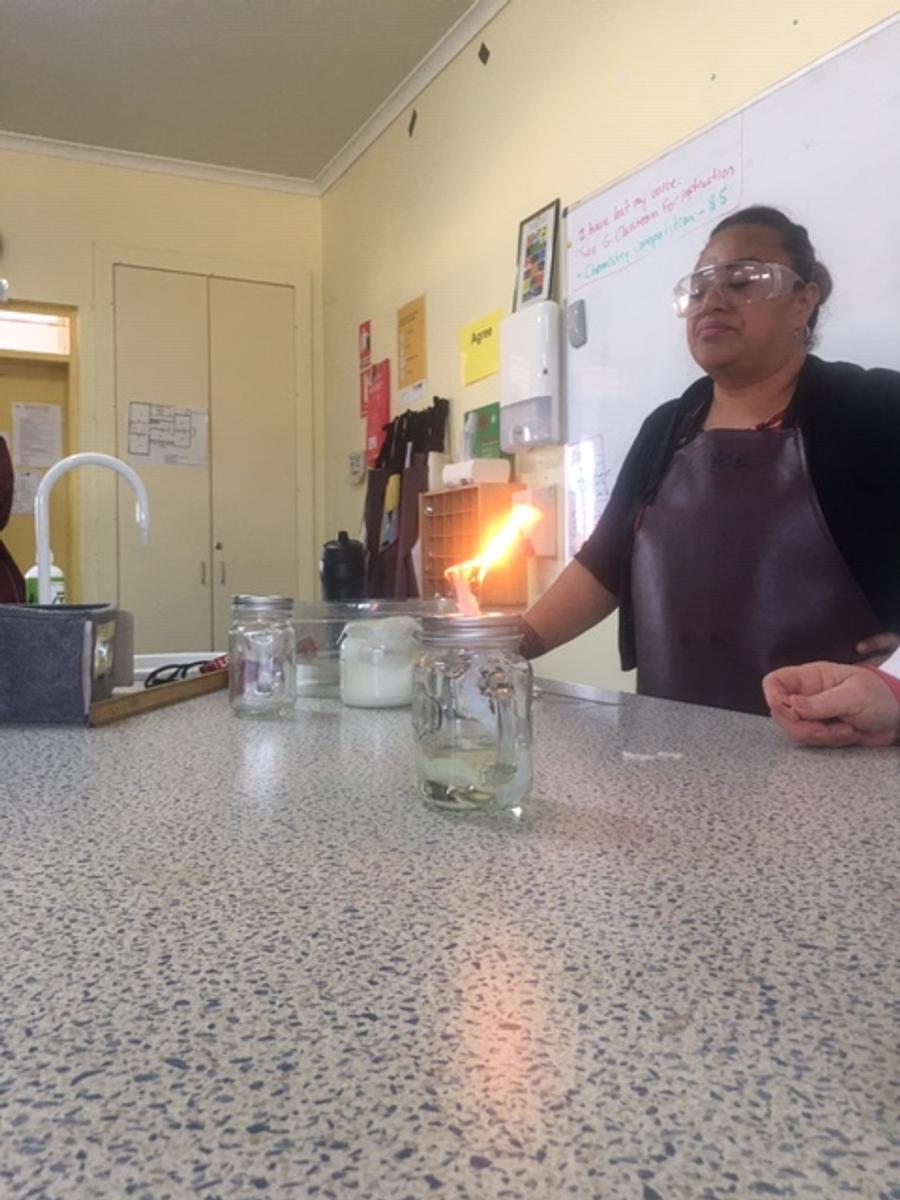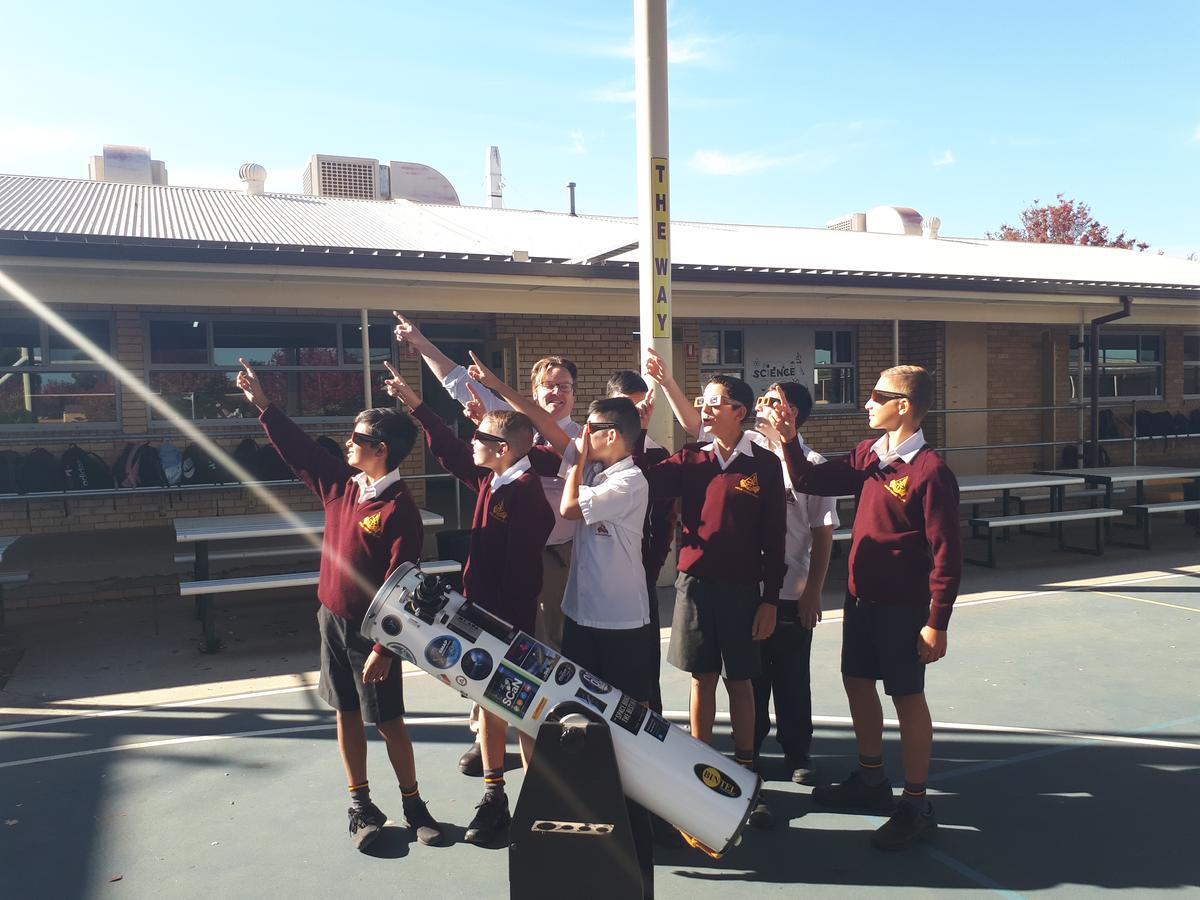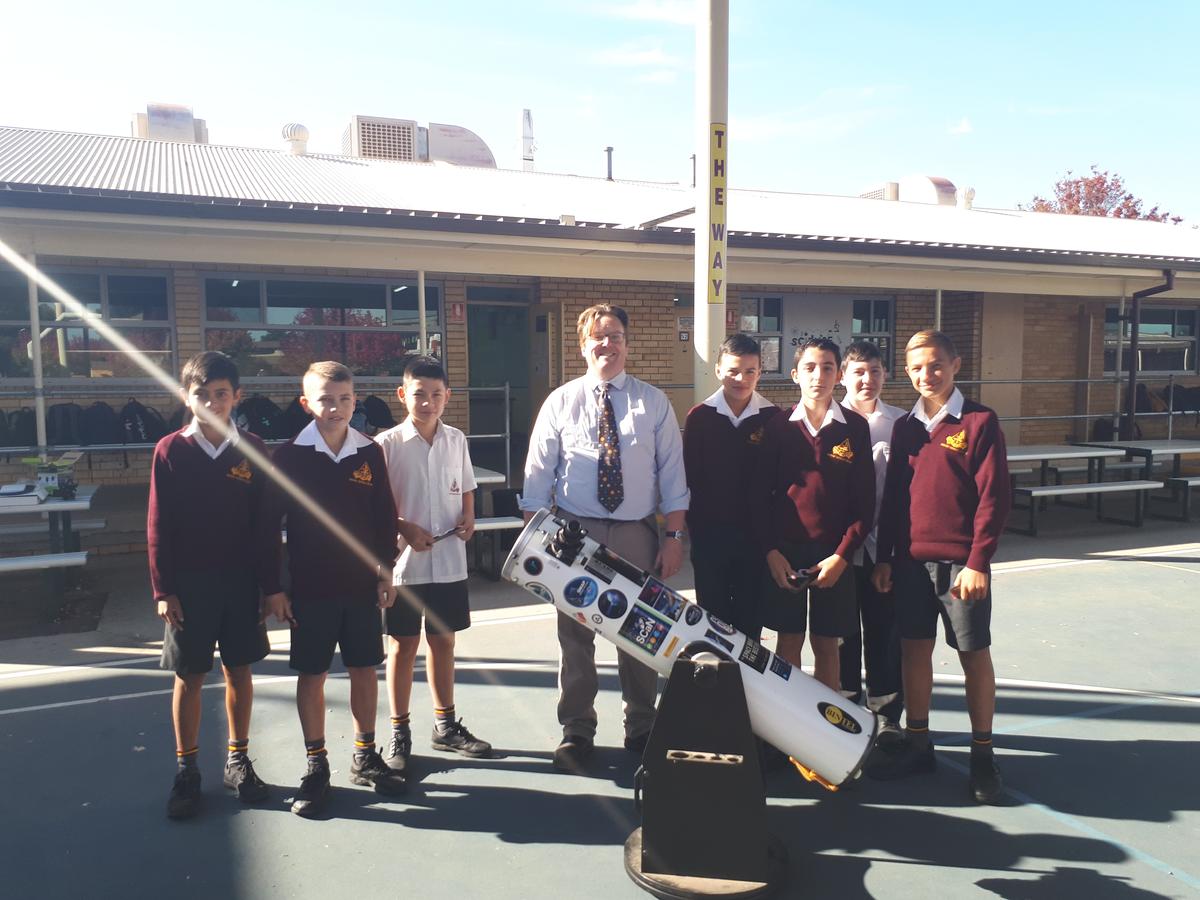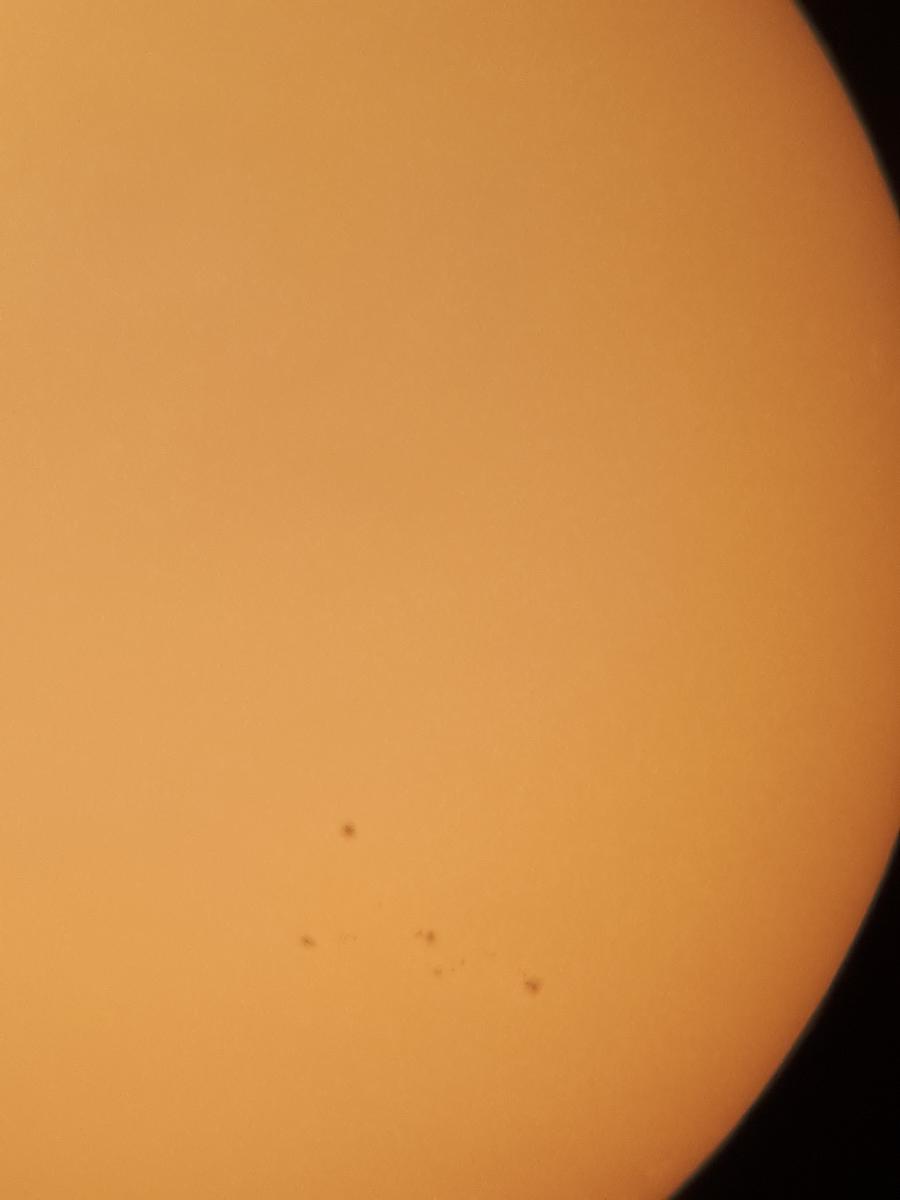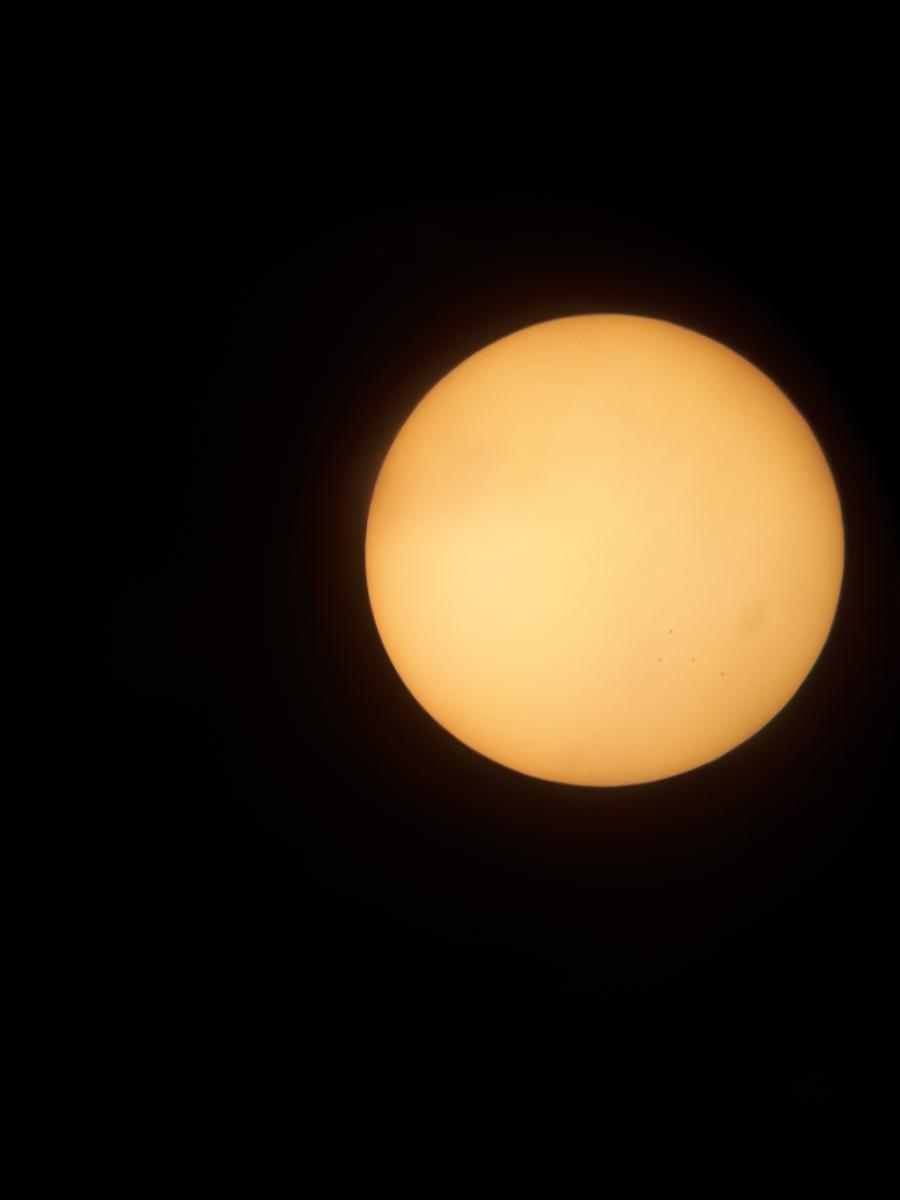Science News
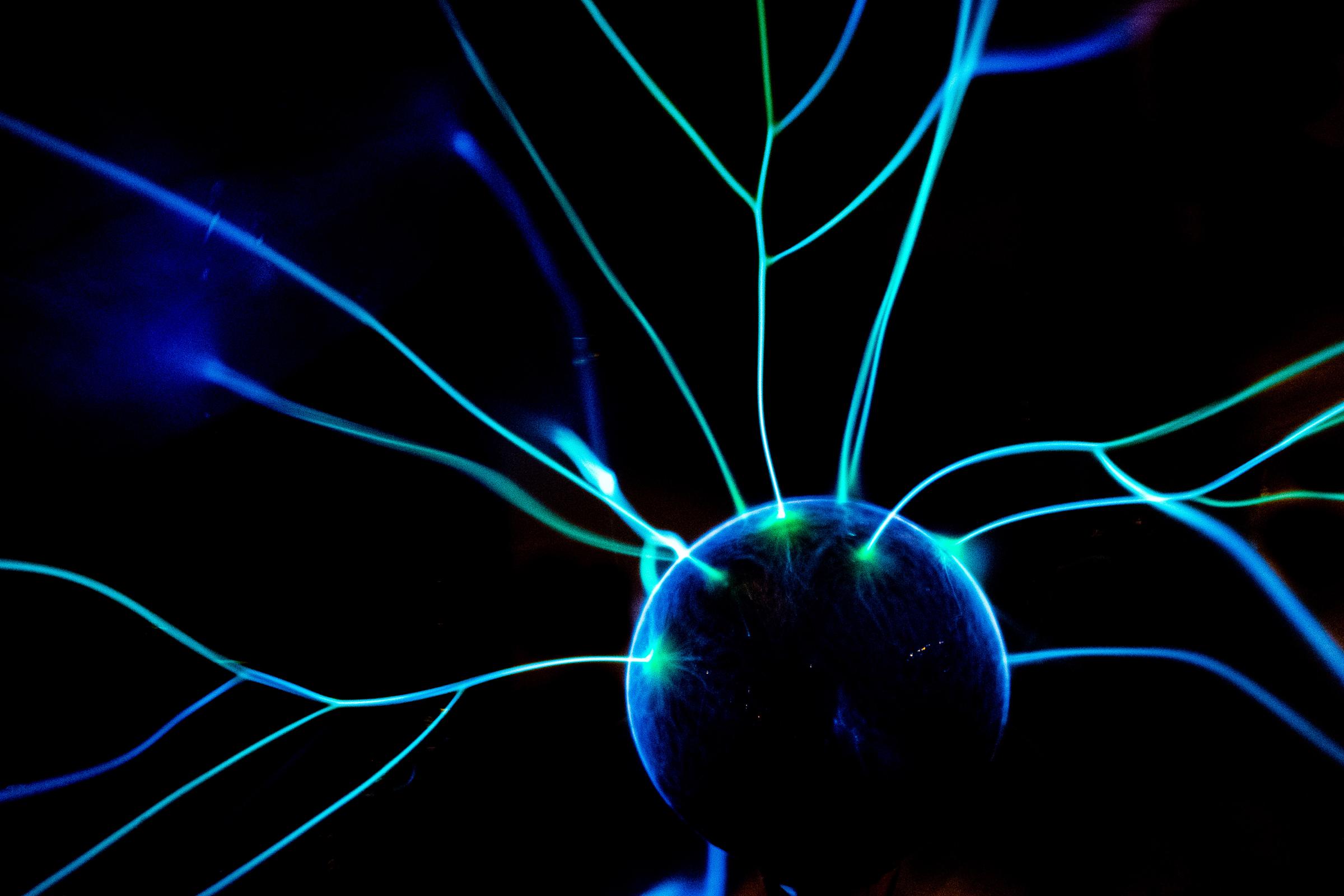
SCIENCE OVERVIEW
As we continue to learn about our own environment, we have to remember those overseas who are in a terrible situation with Covid-19 and not enough medical supplies to help those infected and suffering. We pray that life is made easier in some way for them.
At home, we continue to build brains so that students can eventually take up a helpful roll in the adult world. Some may be able to help contribute to solving the problems with Covid-19, other viruses and the superbugs that are current world health problems. Year 12 biology students are studying the antibiotic resistance of bacteria which is definitely relevant science.
Year 9 have been given their assessment task which is also relevant, being on pathogens and infectious diseases. They have to pretend that they are a pathogen and then write a story describing their experience as they attack a human immune system.
Year 8 are coming to the end of the unit on growing and multiplying and starting a unit where they examine their responsibility to keep the Earth healthy. Students will understand their own personal environmental footprint. This is an important consideration when one understands that we humans use the resources of many Earth planets each year. This is just not sustainable.
Year 7 are currently exploring the Solar System. In October, the College will host Starr’s Planetarium. Every student can experience the universe up close with an excellent presenter. The dome will take up the hall and only two classes will go through at a time.
The cost is $15 so I am asking students to start saving. They have plenty of time.
Year 10 are conducting their student research project where they have to explore some questions that can be tested with an experiment. They should be writing up their report this week to communicate their method, results and conclusions in a formal scientific report. This prepares the students for further study in science in the senior years.
Oil Energy with Ms Depaoli
Mrs Sanita Lole was guest speaker in the Year 9 class this week where she told the story of her father and grandfather, and how they used coconut oil to make light. The old traditional ways of crushing the coconut pulp to extract the oil and then keeping it liquid by using solar energy and heat energy supplied by hot lava rocks showed the students that energy and electricity can’t be taken for granted.
The coconut oil was then used to make a candle which meant that a wick was soaked in the liquid oil and the wick was set alight to burn for several hours.
The students had many questions and the lesson was enjoyed by all. Many thanks go to Mrs Lole for her contribution and also many thanks to Ms Depaoli for organising the lesson.
Mother’s Day Sunday 9th May
Mrs Dumbleton’s Year 8 class is recycling cardboard to make a plant pot. Students will plant a small plant that reproduces either asexually or by seed. Students worked in the outdoor area preparing the cardboard for sculpturing into pots next week.
Hopefully, students will have a special plant for Mother’s Day.
Best wishes for a great weekend. The autumn has certainly been very enjoyable so far and the trees around the school are showing their brilliance with beautiful autumn colours. A visual delight.
Esther Dumbleton (Science Leader of Learning)
SUN SPOTTING WITH MR MARSHALL
Year 7 have been learning about the Solar System, starting with the Sun.
One of the major interesting features of the Sun is that it gets spotty.
Sunspots are places where the outer layer of the Sun is slightly cooler than the surrounding parts and therefore looks like a dark spot.
Mr Marshall's class was able to use his telescope with an appropriate solar filter and his smartphone adapter to view the surface of the Sun and see the large sunspots that are there.
As an extension, Mr Marshall will be calculating how large those sunspots are and he's betting that some of them will be about the size of the Earth.
Mr Marshall
Science Teacher
